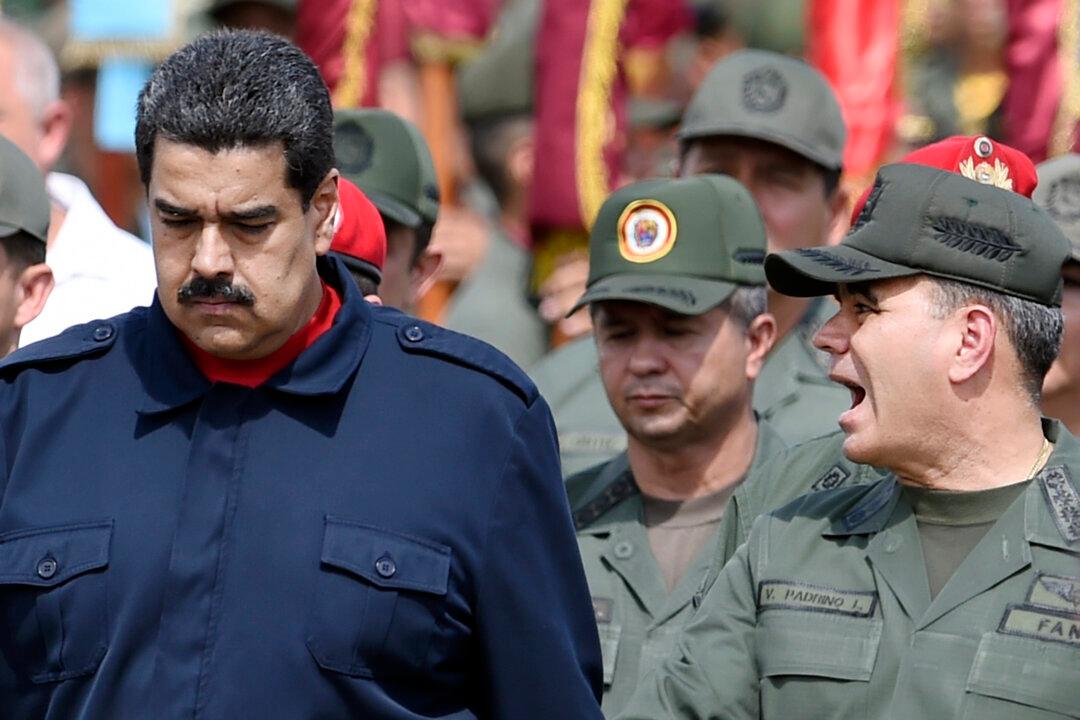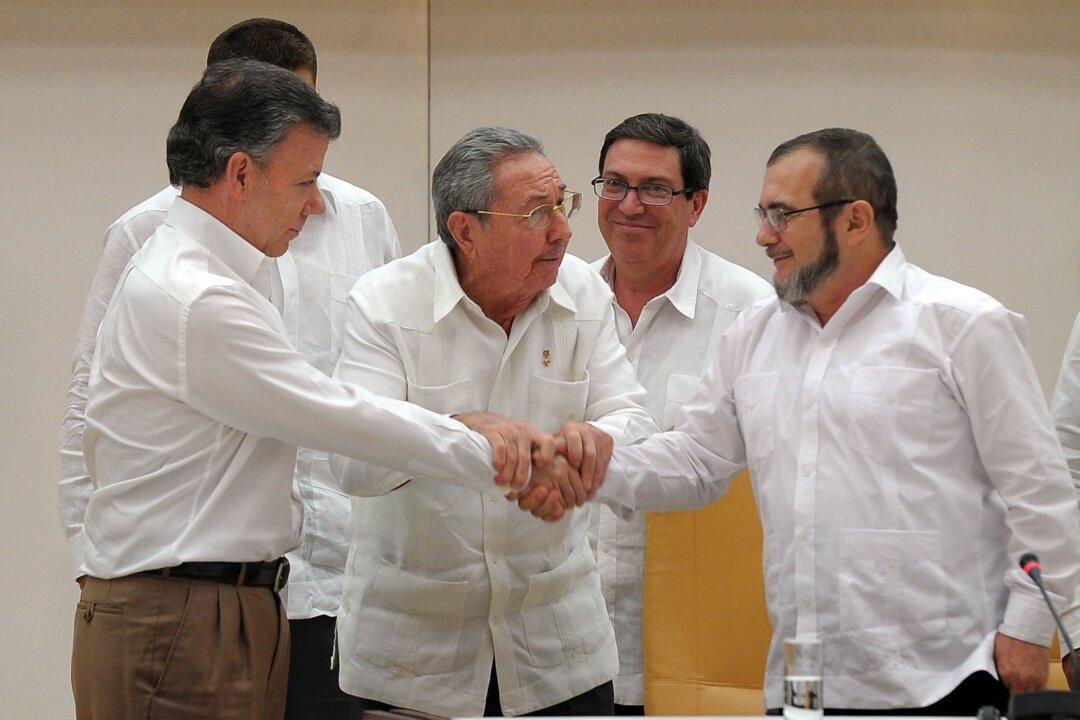The year closes with a major setback for communism and the leftist São Paulo Forum (FSP) in Latin America.
On Nov. 22 in Argentina, the election of Mauricio Macri as president ended the disastrous Kirchner dynasty, which was part of the FSP. (The FSP is an organization of leftist parties and other groups from Latin America and the Caribbean that aims to establish a socialist-communist bloc in the region.)
On Dec. 6 in Venezuela, the ruling United Socialist Party of Venezuela (PSUV) was defeated by the opposition coalition Democratic Unity Roundtable (MUD) in parliamentary elections. The Venezuelan election was not for the presidency, but it was nonetheless an important blow to the FSP.
The Venezuelan election was not for the presidency, but it was nonetheless an important blow to the leftist São Paulo Forum.

